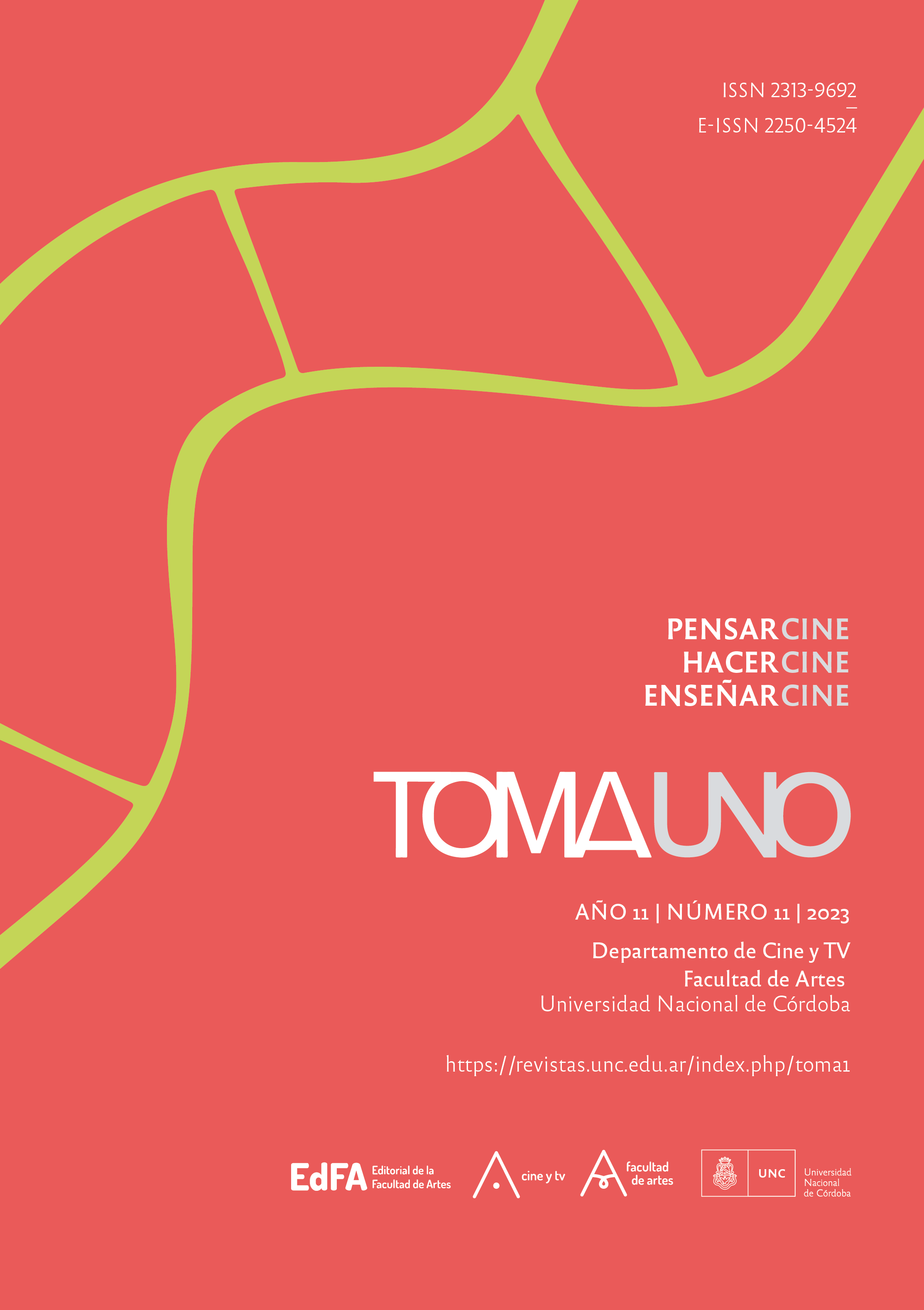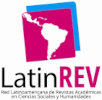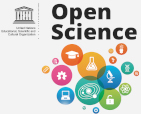The pulse of a time. Affective and activist networks for women’s film (Argentine, 1988)
DOI:
https://doi.org/10.55442/tomauno.n11.2023.42816Keywords:
Film festivals, Women, Feminism, Democracy, CultureAbstract
In 1988, the city of Mar del Plata hosted the first edition of the “Women and Film” International Women’s Film Festival, a trailblazing space aimed at disseminating the work of female directors from around the world with the goal of encouraging women’s involvement in filmmaking. The festival opened up a zone of circulation and visibility for films made by women, giving rise to an environment of collaboration and work-related and affective support which proved central as a means to establish the realm of filmmaking, with its associated trades, as an area for women to work in. Based on a feminist strategy of re-writing history that enables new emphases and approaches to emerge, and assuming a premise which posits the need to think of cinema as an object crossed by formal and aesthetic tensions, but also institutional, social, and affective ones, this paper aims at historicizing the creation of the festival as a form of association born in the spaces of activism where women met, spaces that had gained momentum in the Argentine cultural field after the return of democracy in 1983, fostering an exchange of experiences –and the recognition of one’s own experience in the collective– as the foundation of feminist political action.
Downloads
References
Angeleri, N., Farji, S. y Menis, M. V. (2008). La mujer y el cine. Homenaje. 20 años [cortometraje institucional]. Argentina: La mujer y el cine.
Angilletta, F. (2021). Zona de promesas. Cinco discusiones fundamentales entre los feminismos y la política. Buenos Aires: Capital intelectual.
Bellucci, M. (2019, 28 de abril). De La Voz a la escritura: periodistas feministas en los 80. Latfem. Periodismo feminista. https://latfem.org/la-voz/.
Bellucci, M. (2013). Estrategias de feminismo local en plena dictadura. Damiselas en apuros, 4.
Buarque de Hollanda, E. (2018). O grifo é meu. En Explosâo feminista. Arte, cultura, política e universidade (pp. 11-19). São Paulo: Companhia Das Letras.
Calvera, L. (1990). Mujeres y feminismo en la Argentina. Buenos Aires: Grupo Editor Latinoamericano.
Calvera, L. (1988). El cine y la mujer. La mujer y el cine (pp. 6-7). Publicación Oficial del I Festival Internacional de Cine Realizado por Mujeres.
Chejter, S. (Ed.) (1996, octubre). Travesías. Temas del debate feminista contemporáneo, 5, Feminismo por feministas. Fragmentos para una historia del feminismo argentino 1970-1996.
Gluzman, G. (2021). Feminismos, educación, creatividad y libertad en la Buenos Aires posdictatorial. El caso de Lugar de mujer. Caiana. Revista de Historia del Arte y Cultura Visual del Centro Argentino de Investigadores de Arte (CAIA), 18, pp. 110-127. http://caiana.caia.org.ar/template/caiana.php?pag=articles/article_2.php&obj=400&vol=18.
Kirkwood, J. (2021). Todo fue distinto después de Lima. En Preguntas que hicieron movimiento. Escritos feministas, 1979-1985 (pp. 69-73). Concón: Banda Propia.
López Merino, S. (1988, abril). Carta de la directora. La mujer y el cine (p. 2). Publicación Oficial del I Festival Internacional de Cine Realizado por Mujeres.
Moreno, M. (2010, 20 de enero). Contra las gallinas ponedoras. Página 12, Verano 12. https://www.pagina12.com.ar/diario/verano12/23-138769-2010-01-20.html.
Moreno, M. (1988). Salir de la cámara, tomar la cámara. La mujer y el cine (pp. 35-37). Publicación Oficial del I Festival Internacional de Cine Realizado por Mujeres.
Richard, N. (2018). Abismos temporales: Feminismo, estéticas travestis y teoría queer. Santiago de Chile: Metales pesados. DOI: https://doi.org/10.2307/j.ctvckq6h3
Rosa, M. L. (2014). Legados de libertad. El arte feminista en la efervescencia democrática. Buenos Aires: Biblos.
Soto, M. (1978, 28 de marzo). El cine de María Luisa Bemberg. La Opinión, La Opinión de la mujer, pp. I-II.
Tarducci, M. (2019). Los ochenta. En M. Tarducci, C. Trebisacce y K. Grammático, Cuando el feminismo era mala palabra. Algunas experiencias del feminismo porteño. Buenos Aires: Espacio Editorial.
Torricella, P. (2011). Apuntes para una historia de Las 12. Mora. Revista del Instituto de Estudios Interdisciplinarios de Estudios de Género, 17, diciembre, pp. 95-114.
Walsh, M. E. (1989). Niní, Cervanta nuestra (p. 35). Publicación Oficial del II Festival Internacional de Cine Realizado por Mujeres “La mujer y el cine”.
Fuentes
La mujer y el cine (1988, abril). La mujer y el cine, Publicación Oficial del I Festival Internacional de Cine Realizado por Mujeres.
Published
How to Cite
Issue
Section
ARK
License
Copyright (c) 2023 Marcela ViscontiThis work is licensed under Creative Commons Attribution-NonCommercial-NoDerivs 2.5 Argentina .


































